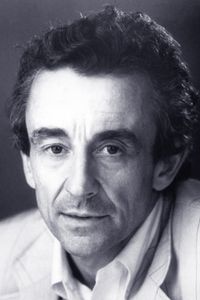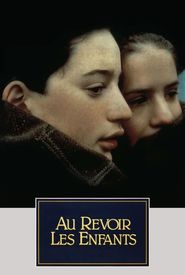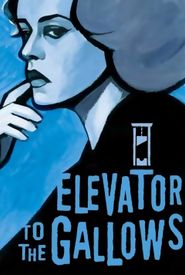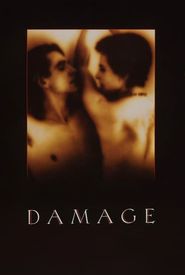Louis Malle, a French filmmaker, was born into a noble family that had made a fortune in beet sugar during the Napoleonic Wars. Despite his family's initial disapproval, Malle's early interest in filmmaking was eventually allowed to flourish, and he entered the Institute of Advanced Cinematographic Studies in Paris in 1950. There, he worked as an assistant to renowned filmmaker Robert Bresson before being hired by underwater explorer Jacques-Yves Cousteau to be a camera operator on the Calypso. Cousteau soon promoted Malle to co-director of the film "The Silent World" (1956),which would go on to win the Palme d'Or at the Cannes Film Festival.
Malle's subsequent films continued to push boundaries and challenge social norms. His 1958 film "The Lovers" starred Jeanne Moreau and broke taboos against on-screen eroticism. The film's controversial content led to a obscenity conviction in the United States, but the U.S. Supreme Court eventually reversed the decision.
In the 1970s and 1980s, Malle directed a string of successful films, including "Pretty Baby" (1978),which catapulted Brooke Shields to international stardom, and "Atlantic City" (1980),which starred Susan Sarandon in a supporting role. Malle's later films continued to explore themes of life and art, including "Au Revoir les Enfants" (1987),a semi-autobiographical drama that dealt with Malle's own experiences during World War II.
Malle's final film, "Vanya on 42nd Street" (1994),was a unique blend of documentary and drama, in which a group of theater professionals rehearsed Anton Chekhov's "Uncle Vanya." The film was a fitting swan song for Malle, who died of lymphoma in 1995 at the age of 63. Throughout his career, Malle was known for his innovative storytelling, his ability to capture the human condition on film, and his willingness to take risks and push boundaries.















































